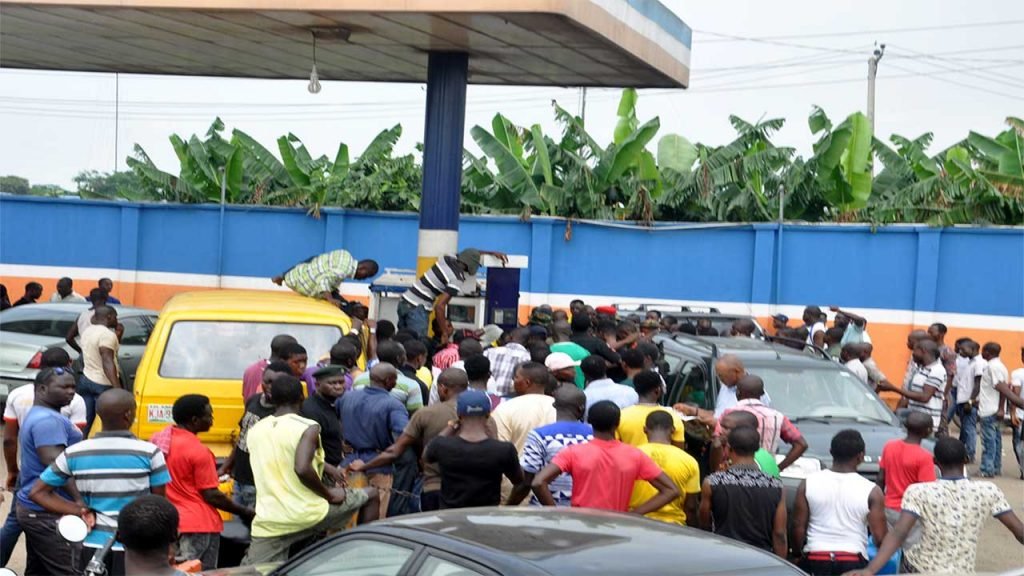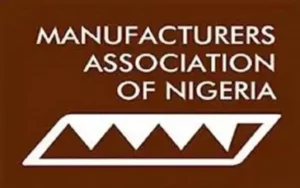
The Managing Director, 11 Plc, Tunji Oyebanji, has stated that payment of fuel subsidies is preventing managers of Nigeria’s economy from investing in critical sectors of the economy that would have changed the economic narrative of the country over the years.
He equally added that the situation is by extension, fueling the high rate of unemployment despite Nigeria’s young growing population.
Oyebanji stated this on the sidelines of the yearly dinner of the Institute of Change Management (ICM) tagged “Impact of insecurity and oil subsidy on Nigeria’s economy” in Lagos.
In his words: “A lot of people do not have jobs. There is a lot of unemployment in the land and this is leading to insecurity if we do not change the narrative, such that the money we are spending on subsidies is channeled into productive areas of the economy, the economy will not grow at the pace that it needs to grow. For instance, today our Gross Domestic Product (GDP) is barely breaking even level whereas our population continues to increase by three per cent and when you have this kind of situation, what you end up having is a lot of unemployment and by extension, insecurity.”
On the current fuel scarcity, Oyebanji said operators in the oil and gas industry have always advocated complete deregulation of the industry to create a level playing field for many suppliers of petroleum products in the country, saying that any market where there is a single supplier of a commodity, there is bound to be scarcity.
“Today there is only one supplier in the industry which is NNPC. This is not an ideal situation. In any market where there is a single supplier, most likely we will find hiccups along the line. So the fundamental solution or the basic solution to the problem is to free up the market and allow people to be involved in the potential distribution of the product. So if Mr. A does not have one, Mr. B will have one. Of course, there are logistic issues like the recent floods that have also contributed to some of the fuel scarcity crisis causing a lot of panic buying” he added.
He, however, stated that all hands should be on the deck to normalize the situation, which he hoped would be addressed in no distant time.
Responding to a question about stakeholders’ thoughts on deregulation, he said: “The issue of deregulation is the big elephant in the room. We have consistently advocated the need to be fully deregulated. The government in its wisdom decided to postpone that for some months, but I think it is inevitable that we get to where we are currently. We have no choice because today we are bleeding.
“The subsidy money is taking away money that we should have been using for investments in growing the economy and creating jobs for people. So it is inevitable that we get here. Our borrowing is also going through the roof. So if we do not stop or completely disengage from the subsidy payments I am afraid it will hamper the growth and development of Nigeria’s economy into the future. So we need to deal with it decisively once and for all.”







